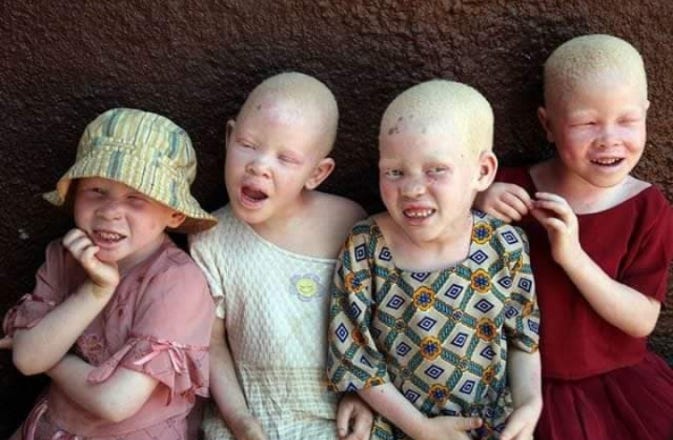Ujamaa Pamodzi Launches Program to Empower Children with Albinism Against Abuse
The Empowerment Transformation Training (ETT) program will target 1240 children in the districts of Mzimba, Lilongwe, Mchinji, and Blantyre.
Malawi: A Malawian child rights organization, Ujamaa Pamodzi, is launching a new program aimed at empowering children with albinism to defend themselves against physical and sexual abuse, writes Gloria Masanza-Kanyang’wa.
The Empowerment Transformation Training (ETT) program will target 1240 children in the districts of Mzimba, Lilongwe, Mchinji, and Blantyre, providing them with verbal and physical skills to protect themselves in cases of verbal or physical attack for boys and sexual attack for girls.
At a stakeholders meeting in Lilongwe, Executive Director Martin Ndirangu stated that people with disabilities, particularly those with albinism, continue to face discrimination, victimization, and attack, including murder.
"Most organizations avoid implementing such projects due to perceived inherent risks, but acknowledging the key role we play in addressing sexual violence against children in Malawi, Ujamaa Pamodzi is taking action," he said.
According to Ndirangu, available data shows that 1 in 4 girls and 1 in 7 boys face sexual violence annually, with up to 50% of girls and women with albinism estimated to have been sexually assaulted.
"Unfortunately, there is little done about this," he added.
Programmes Manager for Ujamaa Pamodzi Africa Smang'aliso Domoya emphasized that the ETT program will help children with albinism become more aware of their environment and able to defend themselves in cases of violence.
"We will train them to use their voices and, if necessary, physical means to disarm their attacker," she said.
The ETT program, which will be funded by UNICEF, will target children between the ages of 10-13 and will involve multiple stakeholders, including the Association of Persons with Albinism, the Ministry of Education's Department of Inclusive Education, Standing Voices, community policing structures, traditional leaders, and parents of children with albinism.



